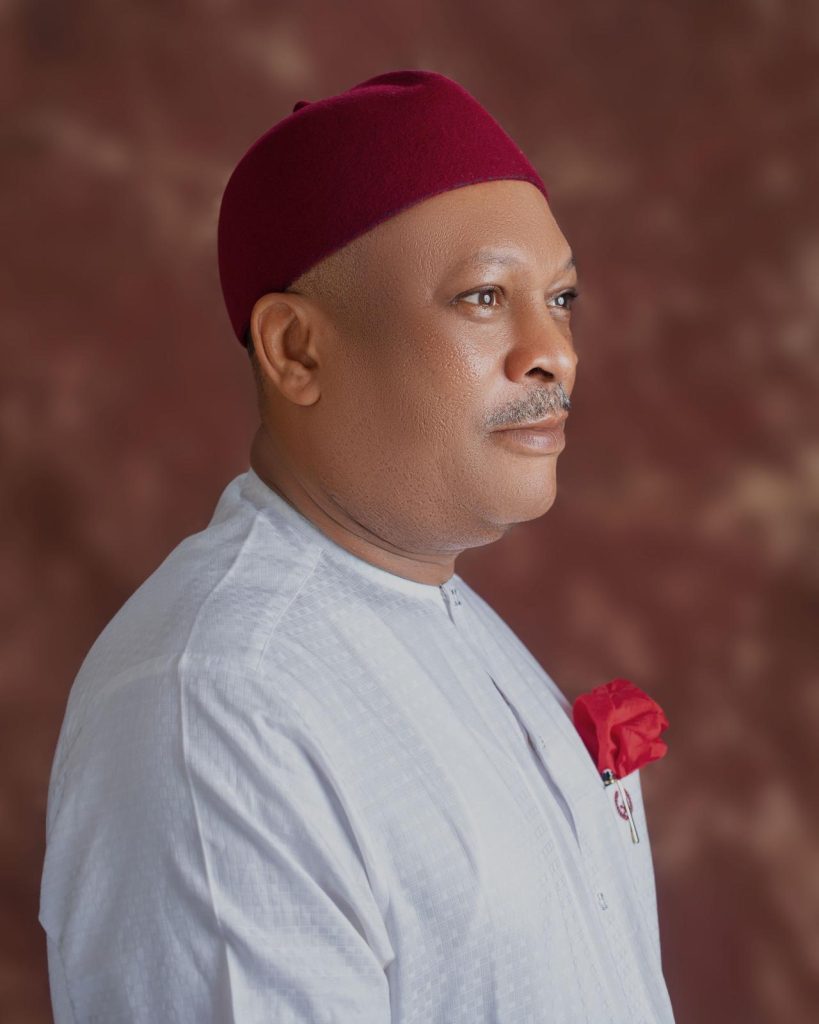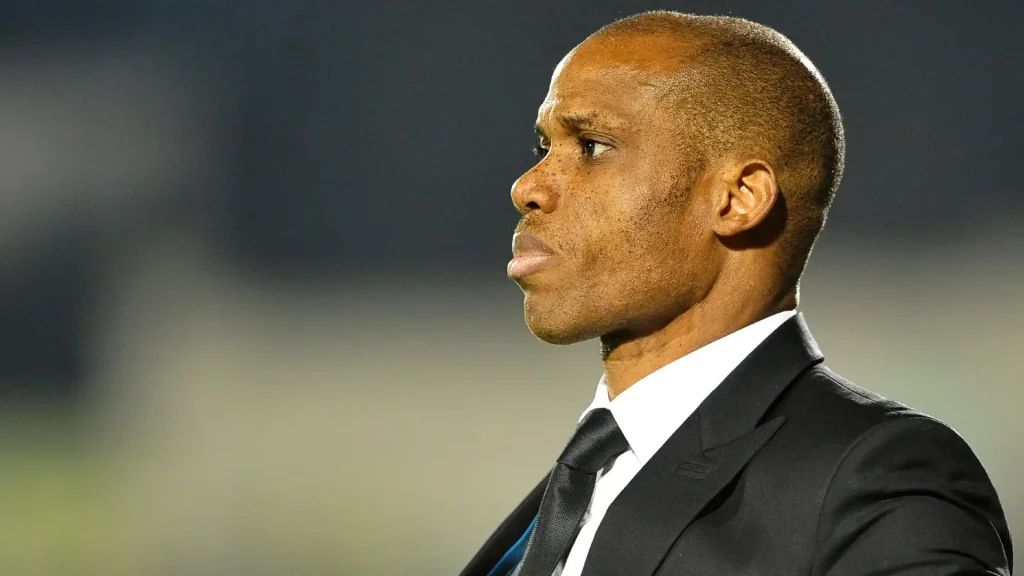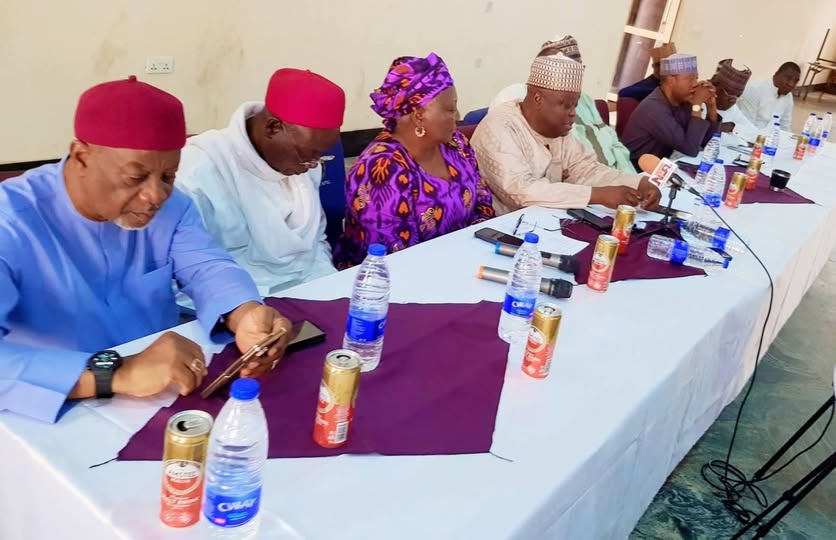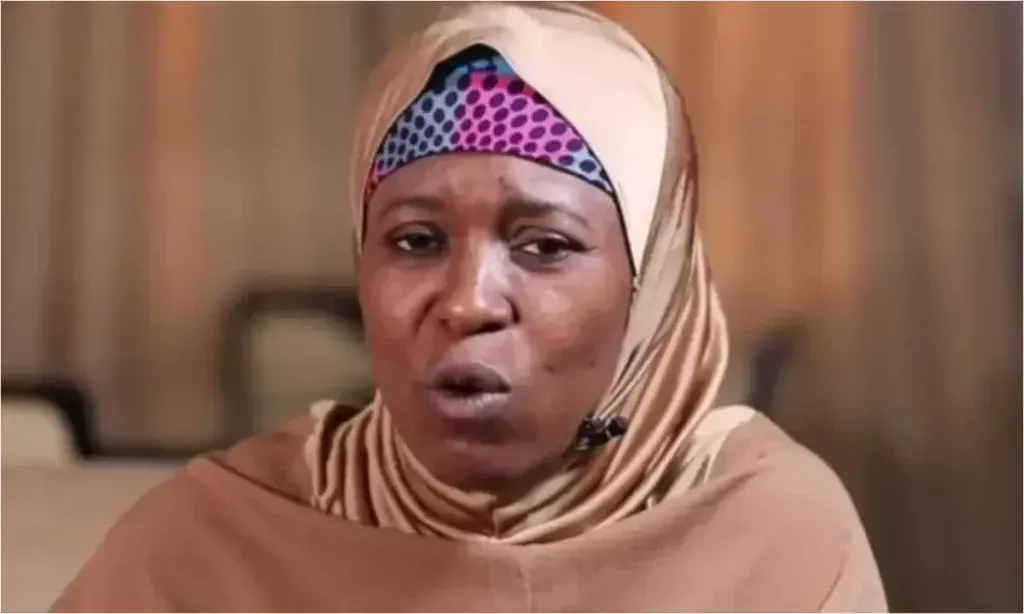The ongoing negotiations between the Nigerian Federal Government and organized labour unions over a new minimum wage remain unresolved after the unions rejected the government’s revised proposal of N54,000 per month. The decision to adjourn the meeting until Wednesday was made following Tuesday’s heated discussions.
The Federal Government initially proposed a minimum wage of N48,000, which led to a walkout by labour unions. In response, the government increased its offer to N54,000, but this was deemed inadequate by the unions, who have been demanding N615,000.
During the latest meeting, the government’s revised offer was met with firm rejection from the Nigeria Labour Congress (NLC) and Trade Union Congress (TUC). Sources at the meeting reported that the government representatives, including delegates from Bauchi and Niger states, lacked the mandate to negotiate effectively, leading to frustration among labour leaders.
NLC President Joe Ajaero emphasized the urgency of implementing a fair and equitable minimum wage by May 31, 2024. He argued that the N615,000 demand is based on a thorough analysis of current economic conditions and the cost of living. Ajaero criticized both the government and the Organized Private Sector (OPS) for their roles in the negotiation breakdown, stating, “Despite earnest efforts to reach an equitable agreement, the less than reasonable action of the Government and the OPS has led to a breakdown in negotiations.”
President Bola Tinubu, through Vice President Kashim Shettima, had earlier inaugurated a 37-member Tripartite Committee on Minimum Wage to propose a new wage before the expiration of the current N30,000 minimum wage on April 18. The committee held zonal public hearings across the country, with various proposals ranging from N447,000 to N850,000 depending on the region.
The labour unions have reiterated their May 31 deadline for implementing the new wage. The NLC and TUC released a statement emphasizing the importance of reaching a fair agreement that reflects the true value of workers’ contributions and addresses the economic crisis facing Nigerians.
The meeting has been adjourned until Wednesday, with the unions hoping for a more serious and constructive engagement from the government and the private sector. As Nigerians continue to face soaring living costs, the outcome of these negotiations will be crucial for the financial stability of millions of workers across the country.



